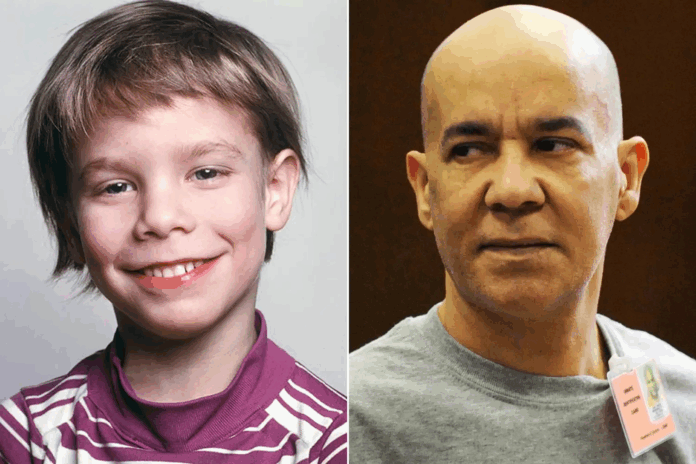A federal appeals court has ordered a new trial for Pedro Hernandez, the former bodega stock clerk convicted in one of the most infamous missing-child cases in U.S. history: the 1979 disappearance and murder of six-year-old Etan Patz in New York City.
Etan Patz vanished on May 25, 1979, while walking to his school bus stop in SoHo, Manhattan. His disappearance sent shockwaves across the country and was pivotal in launching the national missing children’s movement.
Patz became one of the first missing children whose photo appeared on milk cartons, and, in 1983, May 25 was established as National Missing Children’s Day in his honour.
Pedro Hernandez, who was 18 and working at a convenience store in the neighbourhood at the time, became a suspect decades later.
In 2012, Hernandez confessed to luring Etan into a basement and killing him after hours of police interrogation. He was arrested and, following his confession, indicted for murder and kidnapping.
Hernandez’s first trial in 2015 ended in a hung jury.
In 2017, after a retrial and nine days of jury deliberations, he was found guilty of murder and kidnapping and sentenced to 25 years to life in prison. Defence attorneys argued that Hernandez, who has a documented history of mental illness and a low IQ, gave a false confession under coercion.
On Monday, the U.S. Court of Appeals for the Second Circuit ruled that Hernandez must receive a new trial or be released from custody. The court found that improper instructions regarding Hernandez’s confessions had been given to the jury during his 2017 trial, a mistake that “was manifestly prejudicial” and violated established federal law.
The appeals panel highlighted that jury instructions failed to clarify whether confessions made before Hernandez was read his rights, if deemed involuntary, should invalidate subsequent statements. The trial judge’s handling of this question from the jury was found to be in error, and not a harmless one.
Hernandez, now 64, remains incarcerated but could be released if the state does not move quickly to retry him. The Manhattan District Attorney’s office said it is reviewing the court’s decision and has not announced whether it will pursue a new trial.
The order for a new trial opens a new chapter in a 46-year-old case that shaped the way America responds to missing children. If a new trial is not initiated within a reasonable period, Hernandez could be released.




